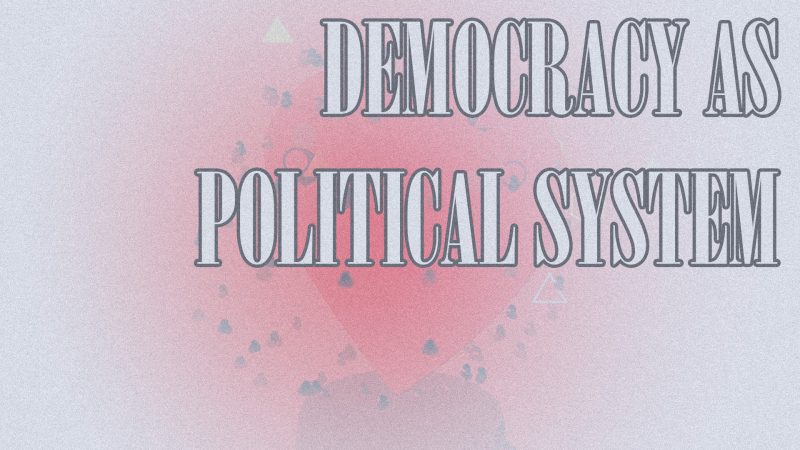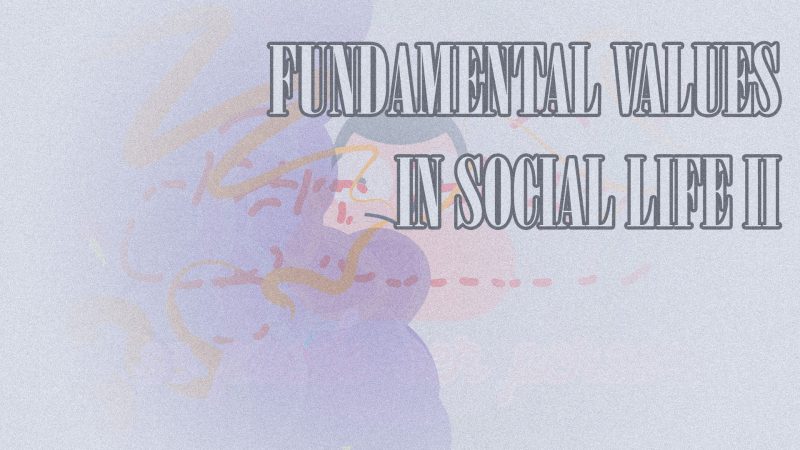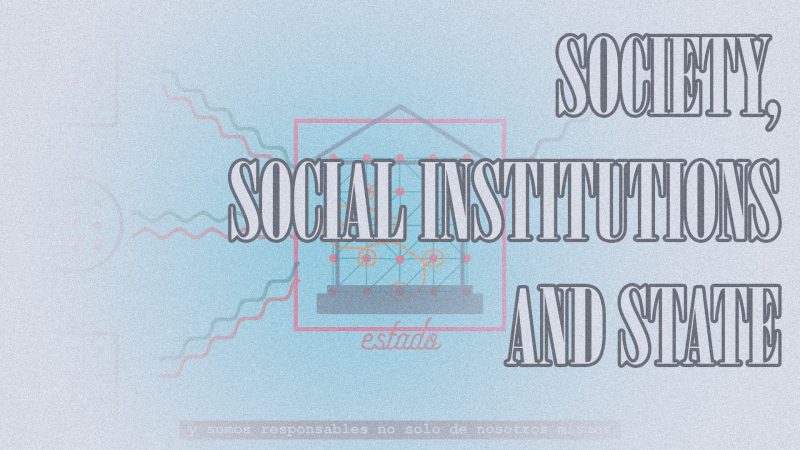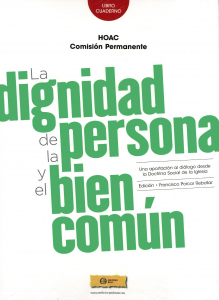A social life without ethic values is like a flower withering. Social Doctrine considers four values as central and fundamentals for life and political action: Truth, justice, liberty and, carrying all of them, love, the political charity. To live those values leads us to self-fulfillment and to a more human social coexistence.
Let us talk about two of them: truth and justice.
First of all, what is the Truth in the context of social life? To the Social Doctrine, the fundamental truth about human beings is that we are all called to live as sons of God and brothers and sisters of our neighbors. We are all called to live the brotherhood and communion with the others. We are all really responsible for all and the society is more human when we put our lives to serve the others, especially impoverished people.
Social life and political action help us to grow in humanity when they are founded on that Truth, closely attached to the justice in social life.
Only the defense and promotion of justice can bring to the political life the orientation for being at humans dignity service.
The most radical denial about the Truth of the human beings in social life is the injustice committed against people. Because of that, the existence of impoverished people is an unmistakable sign of the lack of human Truth in a society. Conversely, the solidarity with impoverished people is a sign of the human Truth of a society.
The political action seeks for the Truth only when it looks for Justice aiming that every person can have a dignified life.
But in our society, too often the Truth is replaced by the interest, the convenience or the own taste, always from a very individualistic and hedonistic conception of social life. Also, in our society, criteria of utility and ownership have been imposed on human dignity.
An economy without a human face triggers big inequalities and injustices.
DSI sentence
Public life on behalf of the person and society finds its continuous line of action in the defense and the promotion of justice that sustains the obligation to foster the rights and duties of each and everyone, based on the personal dignity of each human being.
S. John Paul II, Christifideles laici n.42
Act
Take a look at our society.
What do you think about the way the Truh and Justice are developing on it?
What can we do in order to help to the growing of the Truth and Justice?
Download the PDF attached
Previous video:
Next video:
You Might also like
-
Democracy as political system
The political community, the social tissue, can be organized in different ways. Although the Catholic Church does not identify itself with any of these forms, it considers some of them unacceptable because they don’t respect the person’s dignity. Social Doctrine considers the democracy as the better way to organize political life.
-
Fundamental values in social life 2
A social life without ethic values is like a flower withering. Social Doctrine considers four values as central and fundamentals for life and political action: Truth, justice, liberty and, carrying all of them, love, the political charity. To live those values leads us to self-fulfillment and to a more human social coexistence.
-
Society, social institutions and state
People don’t live isolated. We need each other and we are all really responsible for all. That is why it’s something natural to relate with other people and to create institutions to live socially. Because of that, social life is composed of different institutions of all kind:




